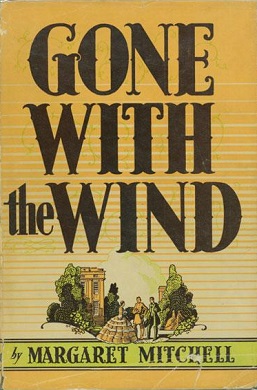
I outline more than most, I know, to screw up my nerve to begin a new book. But I outline only to a point, after which I may know the main 'beats' of the tale, though not the connecting links from one chapter to the next. And sometimes the beats have long spaces between: for example, from my hero's realization that X was actually murdered and that Y is the villain...to his knowledge of how to Correct this.
My new WIP (work in progress), the fourth Boss MacTavin mystery, has blindsided me repeatedly with its infernal surprises. Now, I don't mean only the plot twists, which I can't give away here. I mean little mysteries that simply refused to come clear...until now: how, when and where Boss will get to use the fab new gun he was given in Boss #3, when he's been forbidden in this book the use of any weapon--and is regularly checked by the cops...how, when and where he'll get a scene with Suzy Wong, his new love, though it isn't safe for her to be with him now in Seattle...etc.
The question for me is no longer whether to outline or not. To me an over-structured tale that drives the tale's beats with a whip is as flawed as a shaggy dog story that's been made up on the fly. Whether s/he writes down the outline or conceives it on long, brooding walks by the beach, the writer should begin, I think, with a working sense of the book's structure and a grasp of the general beats.
That said, I now would add that surrender is also essential. The best stories are not paint-by-number. And the real heart often won't come clear until we've begun. When that happens, we'd better be humble enough to turn the reins over and let Baby drive.
Gotta go. Still waiting to find out how to get Boss MacTavin his gun!






